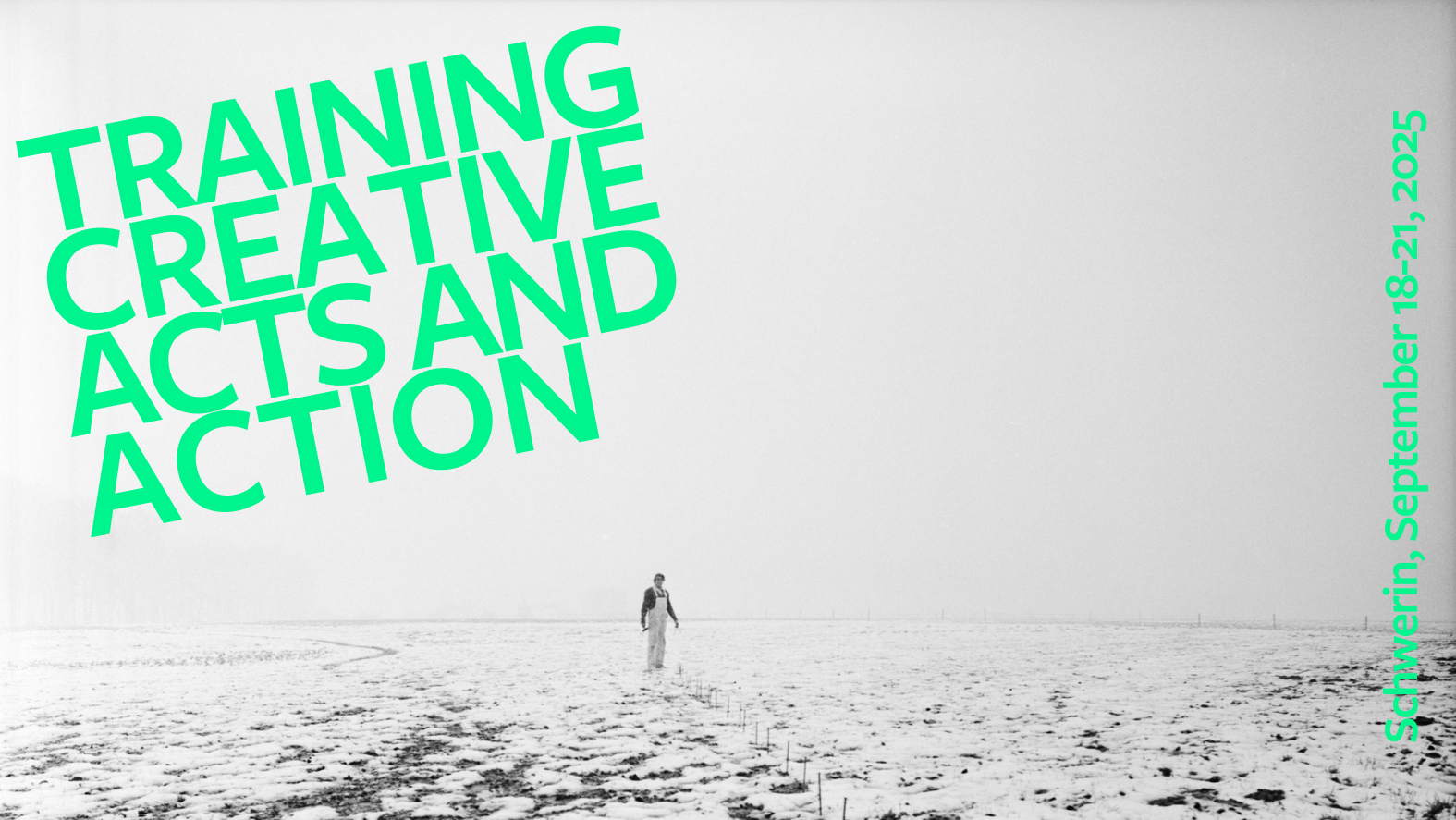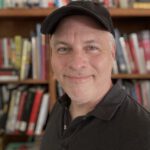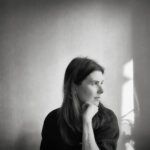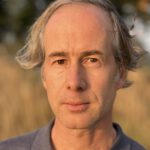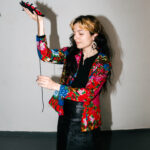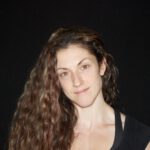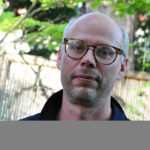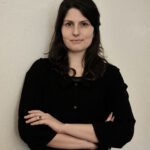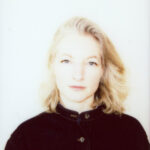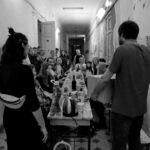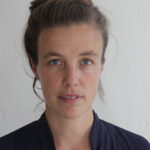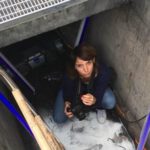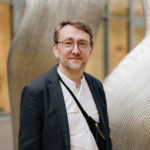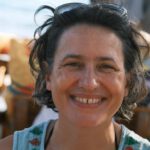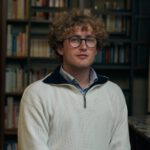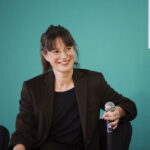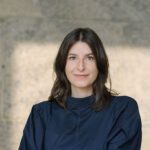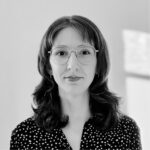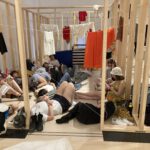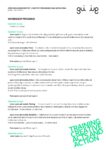T.J. Demos holds the Patricia and Rowland Rebele Endowed Chair in Art History in the Department of the History of Art and Visual Culture at the University of California, Santa Cruz. He is the founding director of the Center for Creative Ecologies at UCSC. Demos is the author of numerous books, including Radical Futurisms: Ecologies of Collapse, Chronopolitics, and Justice-to-Come (Sternberg Press, 2023) and Against the Anthropocene: Visual Culture and Environment Today (Sternberg Press, 2017).
Training Creative Acts and Action is an international, interdisciplinary project that is both an investigation of and powered by artistic research. Integrating innovative approaches from the fields of art historical and media theory, the project will explore the terms ‘training,’ ‘exercise,’ ‘praxis,’ ‘action,’ and ‘mediation’ and the physical factors linked to them. To pursue our aim of an interdisciplinary examination of the possibilities of artistic research in both the space between and the nexus of art and politics, research focused on “what we do when we are thinking” (Hannah Arendt) will be combined with body-centered practices used as means for gaining knowledge.
In our workshop, we will critically examine the assumption that artistic research is a methodological and stylistic approach to art, thus shifting the focus from the interplay of art and science to that of art and art theory. This means taking up one of the most pressing issues of our time, namely, how the transitional forms of artistic action interact within the political field of action. The workshop is thus dedicated to, on the one hand, a central theme in art and, on the other, questions this as the possible methodological core of a new field.
